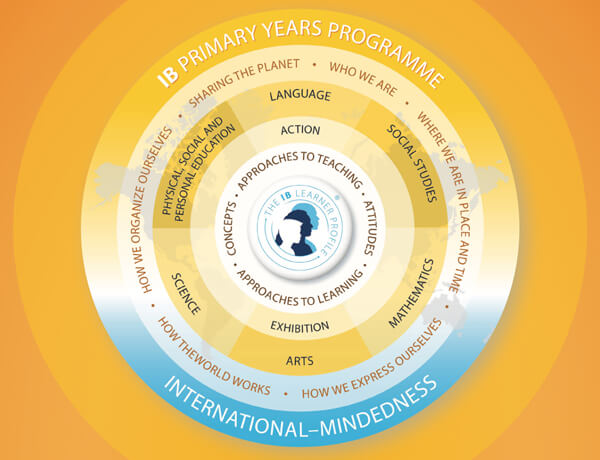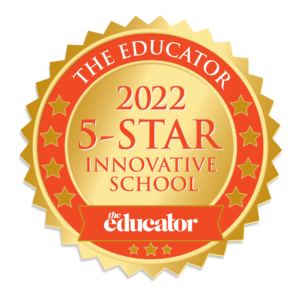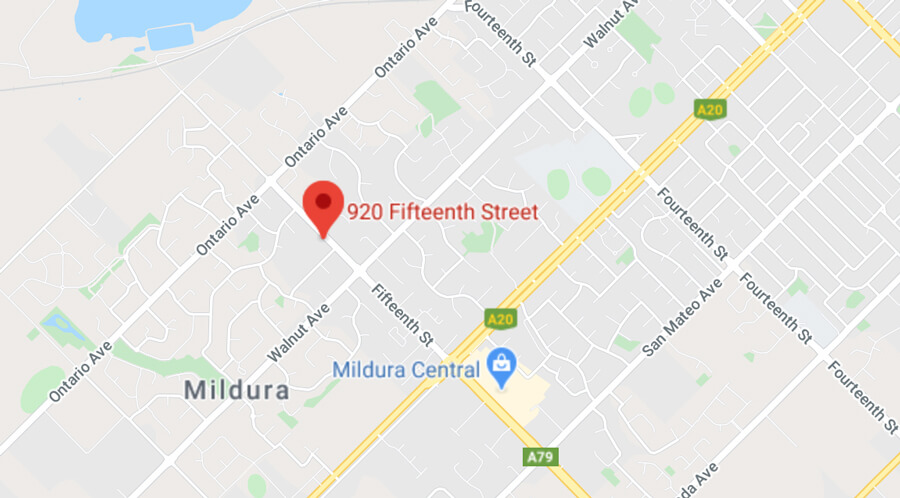Trinity Lutheran College is an International Baccalaureate (IB) World School for the Primary Years Program (PYP) and candidate school for Middle Years programs (MYP).
The International Baccalaureate aims to develop inquiring, knowledgeable and caring young people who help to create a better and more peaceful world through intercultural understanding and respect. To this end, the organisation works with schools, governments and international organisations to develop challenging programmes of international education and rigorous assessment. These programmes encourage students across the world to become active, compassionate and lifelong learners who understand that other people, with their differences, can also be right.
ATLs – Approaches to Learning
In order to be prepared for lifelong learning and conduct purposeful inquiry, IB believes that students need to master a whole range of skills which are relevant to all subject areas as well as life outside school. In the IB PYP these skills are called the Approaches to Learning or ATLs. The skills are grouped into the categories Thinking Skills, Social Skills, Communication Skills, Self- Management Skills and Research Skills. As students progress through their IB education they will be explicitly taught these important skills and apply them throughout their inquiry leaning.
Units of Inquiry
In the PYP, students learn about significant concepts through units of inquiry. There are six transdisciplinary themes of global significance that guide the units of inquiry at each year level during each year of study. The essential elements of each unit are knowledge content, learning skills, learning attitudes, responsible action and classroom practices. Units of inquiry interweave subject areas such as mathematics, literacy and language, science, social studies, personal and physical development and the arts.





